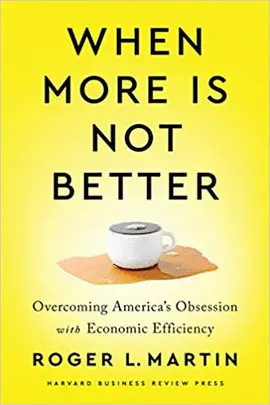When More Is Not Better: Overcoming America's Obsession With Economic Efficiency
Overcoming America's Obsession With Economic Efficiency
Roger Martin
"American democratic capitalism is in danger. How can we save it? For its first 200 years, the American economy exhibited truly impressive performance. The combination of democratically elected governments and a capitalist system worked, with ever-increasing levels of efficiency, spurred by division of labor, international trade, and scientific management of companies. By the n...
Sinopsis
"American democratic capitalism is in danger. How can we save it? For its first 200 years, the American economy exhibited truly impressive performance. The combination of democratically elected governments and a capitalist system worked, with ever-increasing levels of efficiency, spurred by division of labor, international trade, and scientific management of companies. By the nation's bicentenary in 1976, the American economy was the envy of the world. But since then, outcomes have changed dramatically. Growth in the economic prosperity of the average American family has slowed to a crawl, while the wealth of the richest Americans has grown to a level never seen before. This imbalance threatens the American democratic capitalist system, which only works when the average family benefits enough to keep voting for it. In this bracing yet constructive book, world-renowned business thinker Roger Martin starkly outlines the fundamental problem: we have treated the economy as a machine for which the pursuit of ever-greater efficiency is considered an inherently good thing. But it has become too much of a good thing. Our obsession with efficiency has inadvertently shifted the shape of our economic outcomes: from a large middle class and smaller numbers of rich and poor (think of a bell-shaped curve) to a greater share of benefits accruing to a thin tail of already rich Americans (a Pareto distribution). We must stop treating the economy as a perfectible machine, Martin argues, and shift toward viewing it as a complex adaptive system in which we must seek a fundamental balance of efficiency with resilience. To achieve this, we need to keep in mind the whole while working on the component parts; pursue improvement, not perfection; and relentlessly tweak instead of attempting to find permanent solutions. Filled with keen economic insight and advice for citizens, executives, policymakers, and educators, When More Is Not Better is the must-read guide for saving democratic capitalism"-
Comentarios
Sé el primero en comentar este libroArtículos relacionados
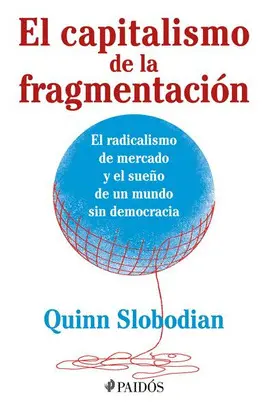
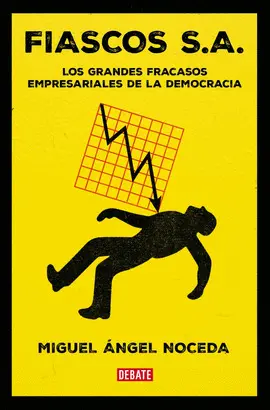
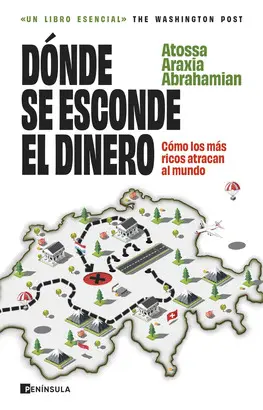
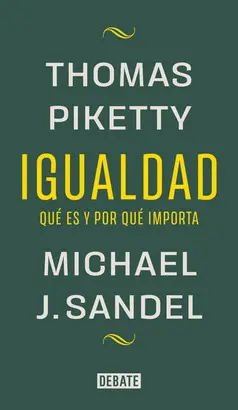
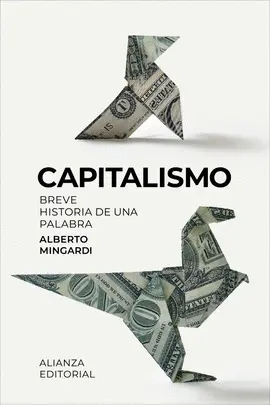
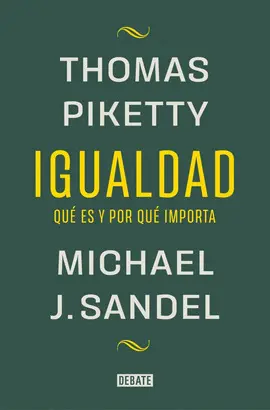
Otros libros del autor


